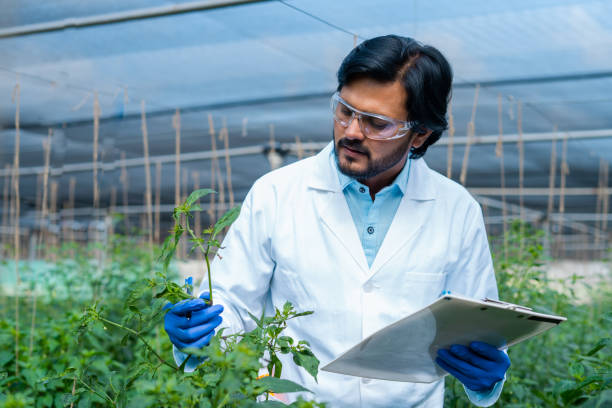
Urban agriculture specialist careers
Cultivating Sustainable Futures: Careers as Urban Agriculture Specialists
Introduction: As urbanization continues to reshape the landscape of our cities, the importance of urban agriculture in fostering sustainable and resilient communities has become increasingly evident. Urban agriculture specialists play a crucial role in designing, implementing, and managing agricultural projects within urban environments. In this article, we’ll explore the diverse opportunities and pathways available for individuals interested in pursuing careers as urban agriculture specialists.
- The Rise of Urban Agriculture
- Discuss the growing interest in urban agriculture and its potential to address food security, environmental sustainability, and community well-being in urban areas.
- Highlight the benefits of urban agriculture, including increased access to fresh, locally grown produce, reduced carbon footprint, and enhanced green spaces.
- Provide examples of successful urban agriculture projects worldwide, from rooftop gardens and vertical farms to community orchards and urban beekeeping initiatives.
- The Role of Urban Agriculture Specialists
- Define the role and responsibilities of urban agriculture specialists in planning, implementing, and managing urban agriculture projects.
- Explore the interdisciplinary nature of the profession, encompassing aspects of agriculture, horticulture, urban planning, environmental science, and community development.
- Discuss the importance of stakeholder engagement, collaboration, and advocacy in promoting urban agriculture initiatives at the local, regional, and national levels.
- Key Skills and Qualifications
- Identify the essential skills and qualifications for individuals aspiring to become urban agriculture specialists.
- Discuss expertise in areas such as crop cultivation, soil management, irrigation systems, pest control, and organic farming practices.
- Highlight communication, project management, leadership, and community engagement skills as critical for success in the field.
- Emerging Trends and Innovations
- Explore the latest trends and innovations shaping the field of urban agriculture.
- Discuss advancements in urban farming technologies, such as hydroponics, aquaponics, aeroponics, and vertical farming systems.
- Highlight the integration of digital tools, data analytics, and Internet of Things (IoT) solutions in optimizing urban agriculture operations and resource utilization.
- Career Pathways and Opportunities
- Provide an overview of the diverse career pathways available to urban agriculture specialists, including roles in nonprofit organizations, government agencies, urban planning departments, research institutions, educational institutions, and private sector companies.
- Showcase specialized areas of focus within urban agriculture, such as rooftop farming, community gardening, urban forestry, food policy advocacy, and sustainable landscaping.
- Highlight the potential for entrepreneurship, consulting, and interdisciplinary collaboration in driving innovation and impact in urban agriculture.
- Professional Development and Networking
- Offer practical advice for individuals interested in pursuing careers as urban agriculture specialists.
- Discuss educational pathways, internships, and professional development opportunities relevant to the field.
- Provide insights into networking strategies, conferences, workshops, and online communities for connecting with like-minded professionals and staying informed about the latest trends and opportunities in urban agriculture.
Conclusion: As cities grapple with the challenges of rapid urbanization and climate change, urban agriculture specialists play a vital role in promoting sustainable, resilient, and inclusive urban food systems. By harnessing the potential of urban spaces for agriculture, these professionals contribute to improved access to healthy food, enhanced environmental sustainability, and strengthened community resilience. As the field of urban agriculture continues to evolve and expand, there are ample opportunities for individuals passionate about sustainable food systems, environmental stewardship, and community development to make a meaningful impact and cultivate a brighter future for generations to come.







